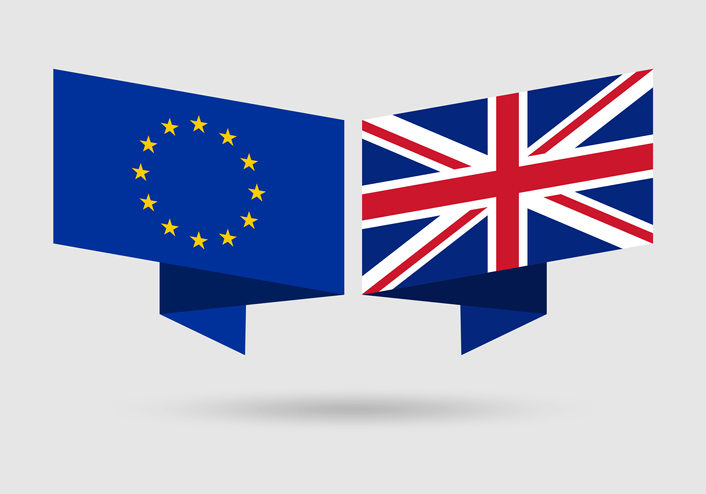Council ready for talks on €5 billion Brexit adjustment reserve
EU member states today endorsed the Council’s position on a five-billion-euro fund designed to mitigate the immediate impact of the United Kingdom’s withdrawal from the European Union.
The fund, known as the Brexit adjustment reserve, will focus on the most affected regions, areas and sectors in the EU and will be used to pay for a variety of measures such as compensating businesses for lost trade, keeping people in employment and setting up customs checks at ports.
The reserve aims to support all member states to counter the negative consequences of the UK’s withdrawal. In a spirit of solidarity, we are committed to help European regions, companies and citizens, and especially the hardest hit communities, to tackle the unprecedented challenges of Brexit.
Augusto Santos Silva, Minister of State and of Foreign Affairs of Portugal, Council presidency
The Council’s position endorses a four-year period from 1 January 2020 until 31 December 2023, meaning that costs incurred during that time as a result of Brexit can be covered in full or in part.
Since the economic consequences of the UK’s withdrawal are multiple and unpredictable, the draft regulation establishing the reserve provides an indicative and non-exhaustive list of eligible measures.
The list includes, among other things, assistance to businesses and fishing communities, short-term work schemes and retraining programmes, border, customs, sanitary and phytosanitary checks, collection of indirect taxation, and reintegration of EU nationals who have left the UK due to the withdrawal.
Whatever measures member states decide to take, they have to be directly linked to mitigating the adverse consequences of Brexit to qualify for funding.
Allocation
In line with the policy of strengthening cohesion across the EU, the allocation method takes into account the uneven impact of Brexit on different regions and sectors.
According to the Council’s position, all five billion euros (in 2018 prices) will be provisionally allocated upfront. Each member state’s share is determined by three main factors: the value of fish caught in the UK exclusive economic zone, the importance of trade with the UK, and a factor linked to the population of maritime border regions with the UK.
Overall, €600 million will be allocated in accordance with the factor linked to fishing, €4.150 billion based on trade, and €250 million under the factor linked to maritime border regions.
Four billion euros, or 80% of the reserve, will be disbursed as pre-financing in three instalments, in 2021, 2022 and 2023. The remaining one billion will be made available in 2025, and how it is shared will depend on how member states have spent the funding in the previous years, also taking into consideration any unused amounts.
Next steps
Once the European Parliament approves its position, the co-legislators will hold talks on the draft regulation. The aim is to reach an agreement before the summer recess, so that the first instalment can be disbursed before the end of the year.
The five-billion-euro fund was agreed last year by EU leaders as part of the 2021-2027 budget.



